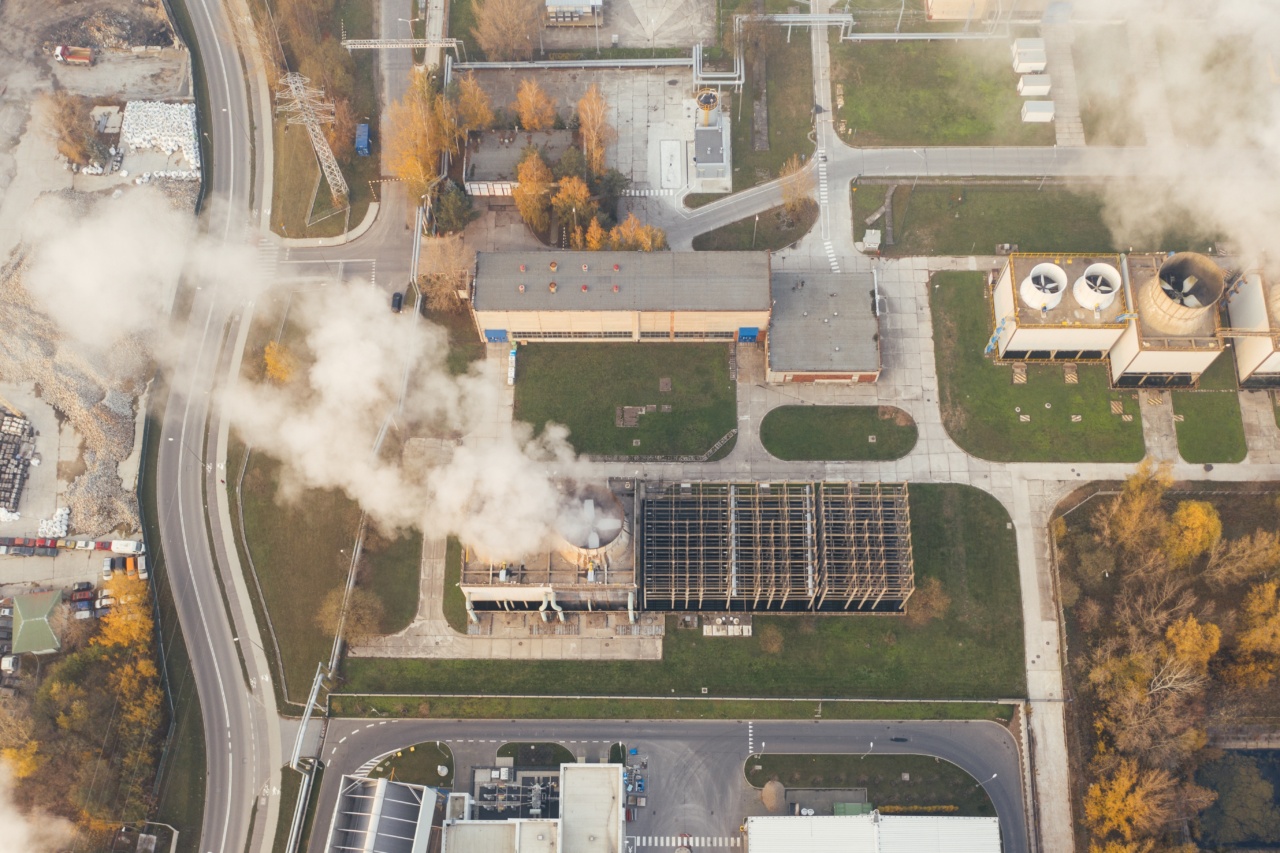Environmental change, including climate change, pollution, and habitat destruction, has had profound effects on our planet. These changes have not only affected ecosystems and biodiversity but have also posed significant health risks for humans.
One of the most significant health impacts of environmental change is the increase in respiratory diseases.
Air pollution, predominantly caused by the burning of fossil fuels, has contributed to the rise in respiratory ailments such as asthma, chronic obstructive pulmonary disease (COPD), and lung cancer. The inhalation of pollutants released from industries and vehicles can damage the respiratory system, leading to long-term health consequences.
Water Contamination and Public Health
Another concerning aspect of environmental change is the contamination of water sources. Pollution from industrial waste and agricultural runoff has led to the pollution of rivers, lakes, and groundwater.
This contamination affects not only aquatic life but also poses risks to human health.
Waterborne diseases such as cholera, typhoid, and hepatitis have become more prevalent due to the deterioration of water quality.
Improper disposal of chemicals and wastewater can also lead to the presence of toxic substances in drinking water, significantly impacting the health of communities.
Vector-Borne Diseases and Climate Change
Climate change has also played a role in the spread of vector-borne diseases. As temperatures rise, the geographical range of disease-carrying mosquitoes, ticks, and other vectors expands.
This expansion allows them to transmit diseases like malaria, dengue fever, and Lyme disease to areas previously unaffected by these illnesses.
The increased frequency and intensity of extreme weather events, such as hurricanes and floods, also contribute to the spread of vector-borne diseases.
These events create ideal breeding grounds for disease vectors and disrupt healthcare infrastructure, making it harder to control and treat these diseases.
The Impact of Environmental Toxins on Human Health
Environmental change has resulted in the release of various toxins into the environment that can directly impact human health.
Chemicals such as pesticides, heavy metals, and industrial pollutants have been linked to developmental disorders, neurological conditions, and even certain types of cancer.
Exposure to these toxins can occur through various routes, including inhalation, ingestion of contaminated food or water, and dermal contact.
Children are particularly vulnerable to the effects of environmental toxins, as their developing bodies and immune systems are more susceptible to harm.
Climate Change and Mental Health
Environmental change, particularly climate change, also has significant implications for mental health.
The stressors associated with climate change, such as increased frequency of natural disasters, displacement, and food insecurity, can lead to anxiety, depression, and other mental health disorders.
The loss of homes, livelihoods, and social connections due to extreme weather events can result in traumatic experiences and psychological distress.
Additionally, the uncertainty and fear surrounding the future impacts of climate change can contribute to a sense of helplessness and hopelessness among individuals, further exacerbating mental health issues.
The Urgency for Action: A Call to Governments and Individuals
The consequences of environmental change on human health are grave and require immediate action. Governments play a crucial role in enacting policies and regulations that mitigate the impacts of environmental change.
This includes transitioning to renewable energy sources, implementing stricter industrial regulations, and promoting sustainable agriculture practices.
Individuals also have a part to play in addressing environmental change and its health effects.
Making conscious choices such as reducing energy consumption, adopting sustainable transportation methods, and advocating for environmentally friendly practices can collectively make a significant impact.
Educating communities about the relationship between environmental change and health is vital for raising awareness and fostering a sense of responsibility.
By promoting sustainable living, supporting clean energy initiatives, and demanding action from policymakers, individuals can contribute to the protection of both the environment and human health.
Conclusion
Environmental change is not only a threat to our planet’s ecosystems and biodiversity but also to human health.
The increase in respiratory diseases, water contamination, the spread of vector-borne diseases, exposure to toxins, and the impact on mental health are urgent issues that require immediate attention.
To safeguard our health, we must take action at both the government and individual levels.
By addressing the root causes of environmental change, implementing sustainable practices, and advocating for policy changes, we can protect both our planet and our well-being.































